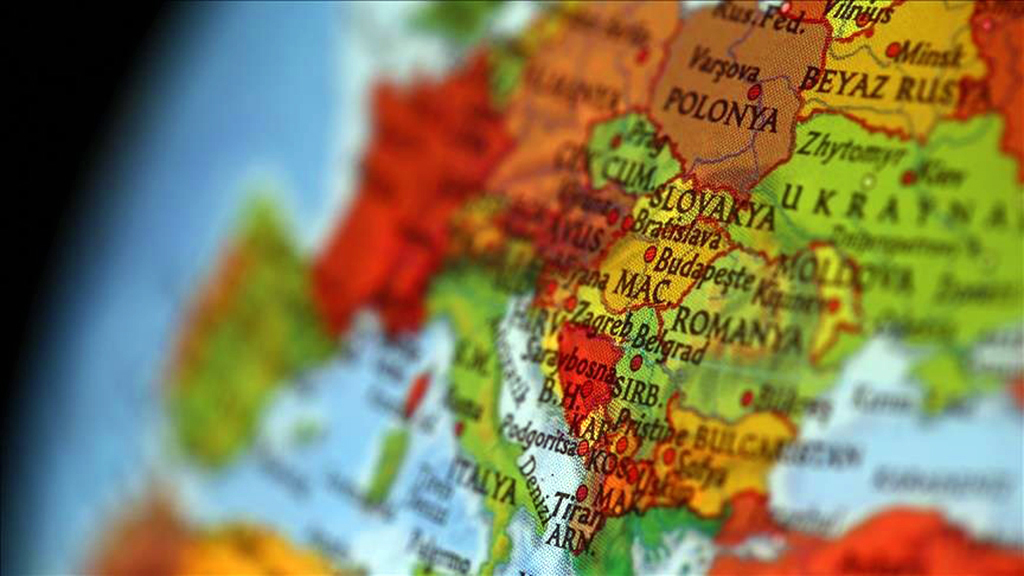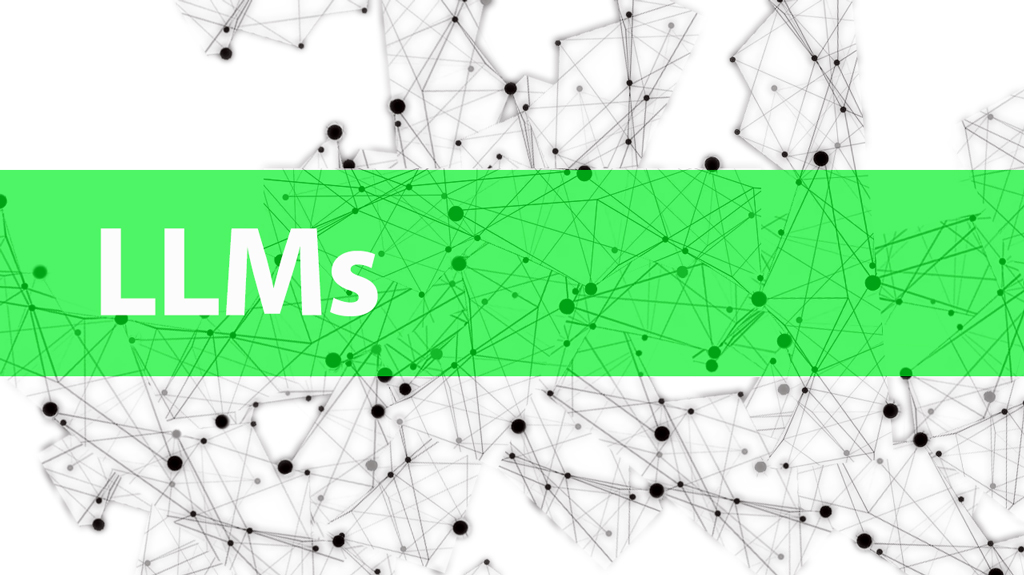
The Future of the Balkans Will Depend on Itself
Is a conflict in the Balkans likely in a near future? What are the implications of global politics on the stability of the Balkans? How should the ongoing disputes in the region be resolved?
The decline in the speed of the EU enlargement and in the EU’s transforming power has led to the rise of alarmism among international commentators regarding the future of the Balkans. The argument is usually twofold: if the EU integration of the Balkans is delayed further, not only will ominous third actors jump in and bring instability, but also the Balkan people will start grabbing each other’s throats. This is obviously a hegemonic discourse based on the immutable assumption that the EU is and will be the only legitimate international actor to be present in the region and ensure peace and prosperity there. It also assumes, by disregarding the historical contexts of the earlier conflicts in the region, that the Balkan societies are inherently violent and immature.
Contrary to this view, I think that a major conflict in the Balkans is unlikely in the foreseeable future, thanks to certain structural factors, a few of which will be mentioned below. These factors have arguably contributed to the increase in political dialogue among the Balkan governments in recent years. Still, for a breakthrough in the Balkans, a number of inter-ethnic and inter-state issues need to be resolved, and a lasting solution of these problems is dependent on the will and determination of the regional actors.
I find a major conflict unlikely because, first, any sort of adventurism is a big risk for any actor in the Balkans. Undermining regional stability will surely do more harm than good. If an armed conflict breaks out, it is bound to result in destruction and international intervention, as happened in the wars after the breakup of Yugoslavia. And we should note that these wars occurred within the vacuum of the transforming international system. In 2001, when the post-Cold War security priorities and arrangements of the Euro-Atlantic bloc had largely consolidated, a similar conflict was not permitted in Macedonia. Today, at a time when the EU and the USA are already vigilant about security (largely owing to their concerns about Russian revisionism), it is not difficult to predict that they will intervene in the slightest tension in the Balkans. In fact, the active role played by the West in resolving the political tensions in Macedonia between 2015 and 2017 was an instance of a mild intervention...
Tags »
Related Articles








